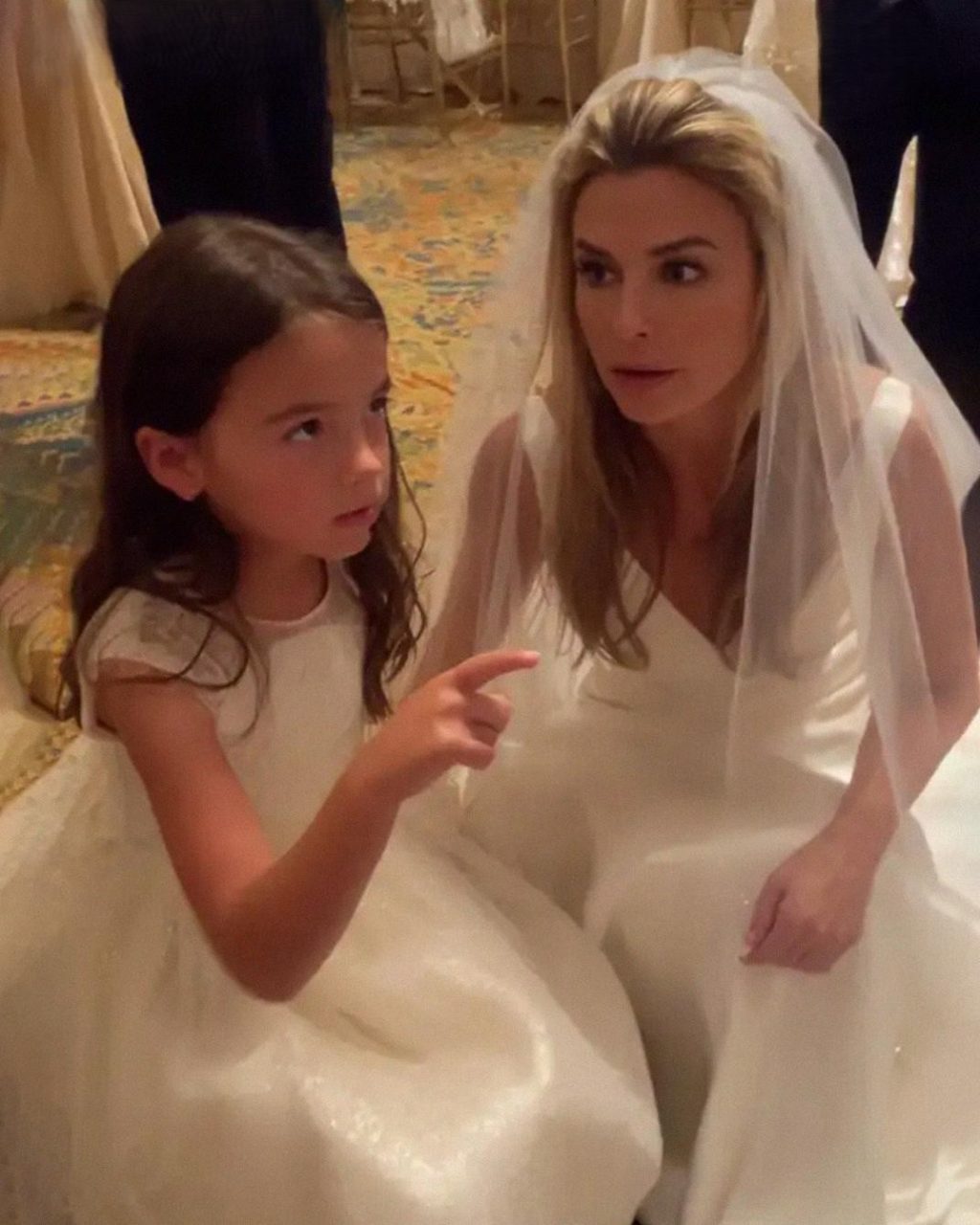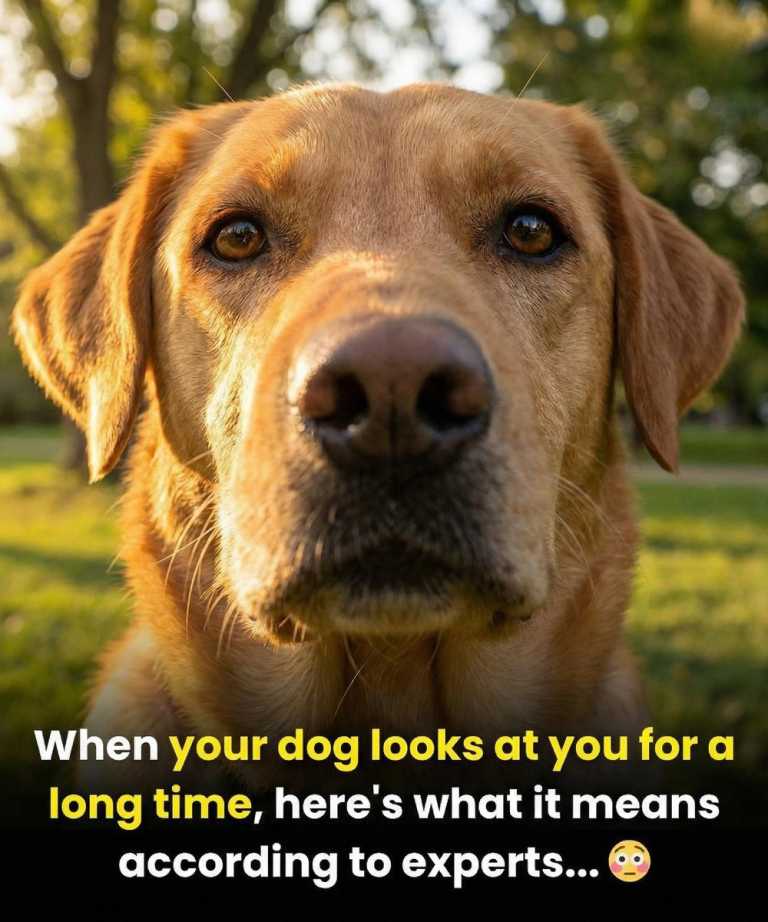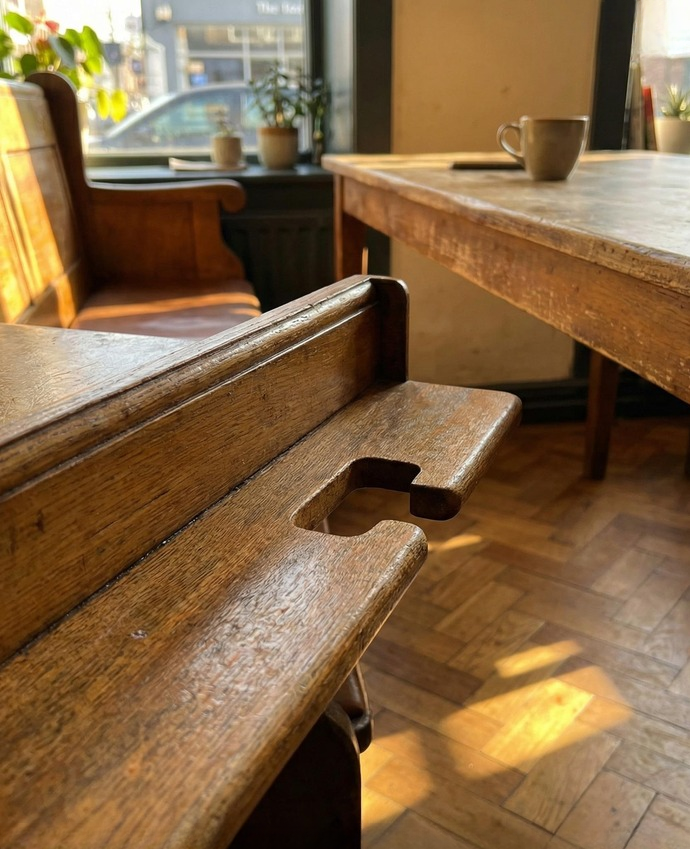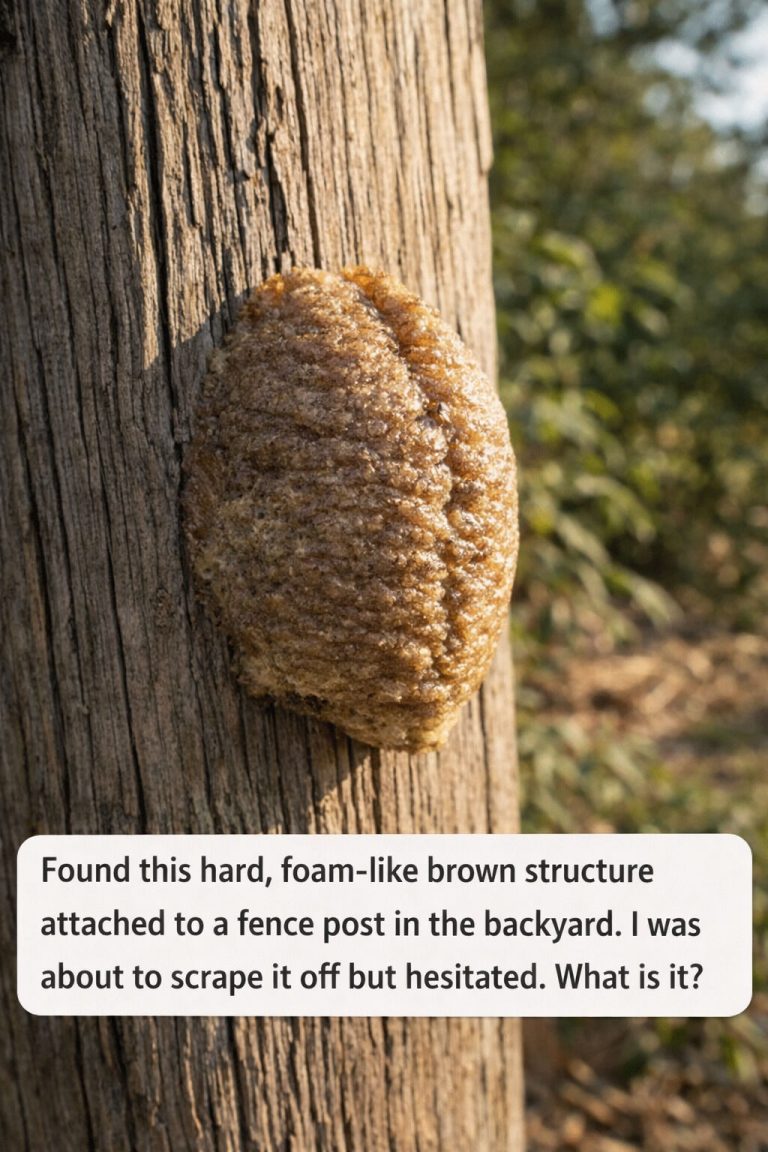
During my wedding, my seven-year-old daughter tearfully said, “Mom, look at Daddy’s arm! I don’t want a new daddy!”
I met my fiancé, Richard, when my daughter, Natalie, was four. Her biological father had passed away from a sudden heart attack when she was just one year old, leaving a hole in our lives that felt impossible to fill. But Richard was everything I thought I wanted—kind, patient, and surprisingly good with kids.
Natalie adored him so much that when we got engaged, she shyly asked, “Can I call you my new daddy now?” He smiled, hugged her, and said yes. From that day on, she never called him by his name again—just “Daddy.”
Our wedding was delayed by six months because of his aunt’s unexpected passing. But finally, the big day arrived. We celebrated in an elegant ballroom filled with flowers, music, and the people we loved most.
After the ceremony, I was mingling with guests when Natalie tugged at my dress, her eyes shiny with tears.
“Mom, look at Daddy’s arm! I don’t want a new daddy!” she whispered.
I didn’t understand what she meant. My husband was standing a little distance away, in his shirt and jacket, chatting with guests. From afar, I saw nothing unusual, so I asked her gently:
“Natalie, what are you talking about? Where did you get that idea?”
“Go look closer,” she said through tears.
My heart skipped a beat. I moved closer to Richard, and that’s when everything started to unravel.
Richard laughed politely with the small circle of guests, but as I got closer, something tugged at my instincts. His smile looked stiff—forced even. And for the first time all day, he wasn’t touching me, seeking me out, or checking on Natalie. He seemed… distracted.
When I reached him, he turned swiftly, almost hiding his right arm behind his back. But not fast enough.
A bruise—dark, thumb-shaped—peeked out from the cuff of his sleeve.
My stomach tightened.
“Richard,” I whispered through a smile, so as not to alarm the guests. “Can I talk to you for a second?”
His face tightened, but he nodded. “Sure.”
We stepped aside, near a row of tall white drapes. Natalie clung to my side, trembling. Richard’s eyes softened when he saw her fear.
“Sweetheart, what’s wrong?” he asked.
“Your arm,” she cried. “I don’t want a new daddy! Mommy, I don’t want him to take you away!”
Her words confused me even more.
“Richard,” I said quietly. “Show me your arm.”
He hesitated—just for a second—but that was enough to confirm something was very wrong.
Finally, he rolled up his sleeve.
And the breath was punched out of my chest.
Not one bruise.
Not two.
But five dark, hand-shaped marks encircled his upper arm—old and new.
Some fresh.
Some faded yellow.
Some deep plum.
As if someone had been grabbing him—hard—repeatedly, over time.
“What happened to you?” I whispered.
He looked away. “It’s nothing. I don’t want to ruin today.”
Natalie spoke before I could.
“I saw him crying yesterday,” she said. “In the kitchen. He was holding his arm. And when I asked what happened, he said he just bumped it… but he was lying.”
Richard’s eyes widened. “Natalie, sweetheart… I wasn’t crying.”
But he was.
I could see that now.
And Natalie—observant, sensitive, pure-hearted—had seen what I’d missed.
My voice trembled. “Who’s doing this to you?”
He didn’t answer.
He didn’t need to.
Because at that moment, someone stepped into the room who hadn’t been there earlier.
A woman.
Tall. Sleek. Wearing a pale silver dress that glimmered under the lights.
Richard’s mother.
Her eyes locked onto Richard’s rolled-up sleeve—and in an instant, her calm expression cracked.
She marched straight toward us, her heels clicking sharply against the floor.
Richard’s entire body tensed.
Natalie whimpered.
I froze.
“Richard,” his mother said sharply, “a word.”
“No,” I said firmly, stepping between them. “You’re not pulling him away until someone explains what is happening.”
She stared at me, cold and unreadable.
“This is not the time,” she said.
“This is exactly the time,” I shot back. “My daughter thought she was losing her father today. She thought he was being taken away. And now I’m starting to understand why.”
Her jaw clenched so tightly I could see the muscle twitch.
Richard grabbed my hand. “Please… not here.”
“Who hurt you?” I repeated.
Silence.
Then—so small it was barely audible—Richard whispered:
“My mother.”
Natalie gasped.
I felt my knees weaken.
His mother didn’t deny it.
Instead, she clicked her tongue softly, as if annoyed.
“You never should’ve told her,” she muttered.
“What did you do to him?” I demanded.
Her eyes snapped to me—cold, calculating, utterly unashamed.
“I raised a son who forgets where he comes from,” she said. “A son who runs off to marry a widow with a child and throws away the family legacy his father built.”
My blood turned to ice.
“So you hurt him?” I whispered.
“I corrected him.”
Natalie burst into tears.
Richard stepped in front of her protectively. “Mom, stop.”
But she didn’t.
“He belongs to this family,” she said. “Not yours. And I will not let him embarrass us with the life he’s choosing.”
Everything clicked at once.
The delayed wedding.
The tension.
His aunt’s “unexpected passing.”
His mother avoiding all planning.
The subtle bruises I’d brushed off as clumsiness.
She’d been controlling him—abusing him—because she didn’t approve of me.
Because he dared to love a woman with a child.
My child.
Something inside me snapped.
“You’re not taking him,” I said quietly. “Not today. Not ever.”
She raised an eyebrow. “You think you can stop me?”
“I know I can.”
And then I did something I never imagined I would do.
I walked into the center of the ballroom—still filled with our guests—and raised my voice.
“Everyone, may I have your attention?”
Richard’s mother lunged forward, whispering, “Don’t you dare—”
“Richard has been physically abused,” I said loudly, clearly, “by his own mother.”
Gasps filled the room. Chairs scraped. Heads turned.
Richard looked horrified—but relieved.
Free, for the first time.
His mother’s face drained of color.
I continued:
“She has been hurting him for years. Even yesterday. Even today. My daughter saw the bruises. She thought she’d lose her father because of this woman’s obsession with control.”
Richard’s mother hissed, “You’re destroying him.”
“No,” I said. “I’m saving him.”
Two of Richard’s uncles stepped forward immediately—one grabbing her arm, the other pulling her away from us. She struggled, but they held firm.
And for the first time since I’d known him, Richard truly broke down.
Not quietly.
Not hiding.
Not minimizing.
He sobbed—messy, painful sobs—into my shoulder, while Natalie hugged his waist tightly.
When he finally managed to speak, he whispered:
“I thought loving you meant losing my family. I didn’t know you would become my family.”
I kissed his forehead.
“You’ll never lose us,” I whispered. “Not ever.”
Natalie nodded fiercely and climbed into his arms.
“Daddy,” she said, “you’re my only daddy.”
Richard cried harder.
Richard cut all ties with his mother that week.
We got him into therapy.
The police got involved when his uncles testified to seeing past injuries.
And Natalie?
She still clings to him every morning, hugging his arm as if guarding it.
Sometimes, while watching them, I realize something extraordinary:
I thought I was the one giving my daughter a father.
But maybe, just maybe…
She was the one who saved him first.



